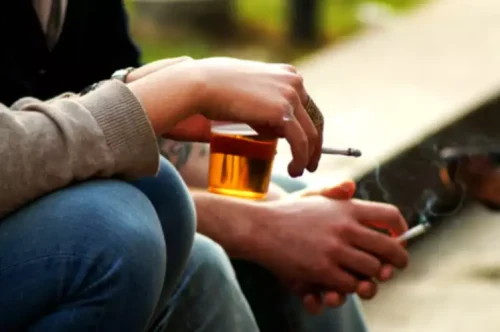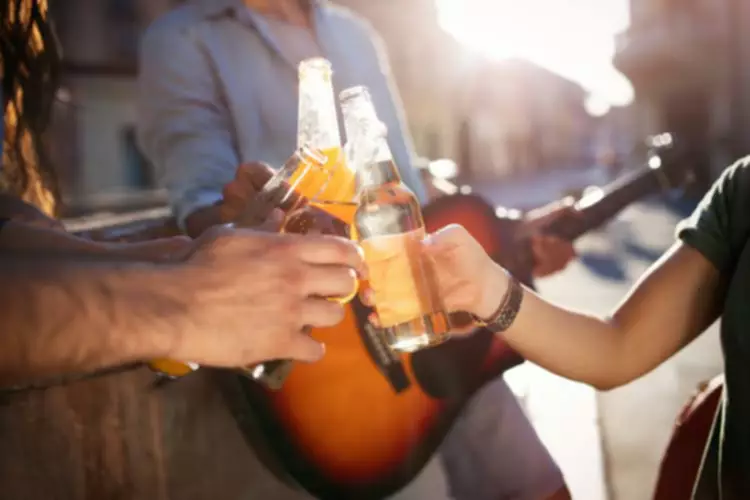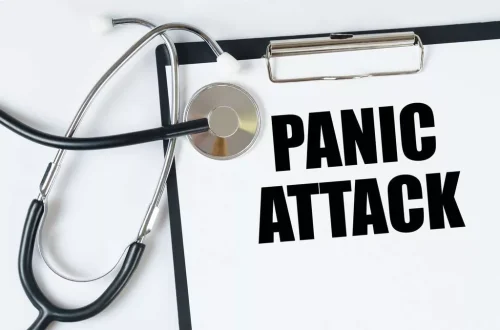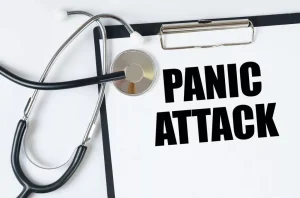BetterHelp can connect you to an addiction and mental health counselor. In the United States, people younger than age 21 are not legally able to drink alcohol. Binge drinking is behavior that raises blood alcohol levels to 0.08%. That usually means four or more drinks within two hours for women and five or more drinks within two hours for men. In some people, the initial reaction may feel like an increase in energy.
Psychological Factors Contributing to Alcohol Addiction
Listen to relatives, friends or co-workers when they ask you to examine your drinking habits or to seek help. Consider talking with someone who has had a problem with drinking but has stopped. The Healthline FindCare tool can provide options in your area 2cb fly if you need help finding a mental health specialist.
It’s often at the center of social situations and closely linked to celebrations and enjoyment. And the same goes for driving or if you need to be alert and able to react to changing situations. The National Council on Alcoholism and Drug Dependence and AlcoholScreening.org offer more comprehensive self-tests. Alcohol is legal in the United States and more accessible than other drugs. It can be found in homes and at family gatherings, barbecues, restaurants, nightclubs, movie theaters, and resorts, among many other places. The feeling of needing to consume a substance is called dependency, which can quickly develop into addiction.
A heavy drinking age map drinking binge may even cause a life-threatening coma or death. This is of particular concern when you’re taking certain medications that also depress the brain’s function. If your pattern of drinking results in repeated significant distress and problems functioning in your daily life, you likely have alcohol use disorder. However, even a mild disorder can escalate and lead to serious problems, so early treatment is important. Unhealthy alcohol use includes any alcohol use that puts your health or safety at risk or causes other alcohol-related problems. This disorder also involves having to drink more to get the same effect or having withdrawal symptoms when you rapidly decrease or stop drinking.
This could push them away and make them more resistant to your help. If you are struggling with alcohol use and addiction, see your healthcare provider for an evaluation. Your doctor can provide medical advice, plan treatment, and refer you to addiction treatment facilities.
This leads to decreased pleasurable effects and alcohol dependence, as the person needs alcohol to feel normal. The “habituation” of drinking is also a critical factor in developing alcohol addiction. Repeating the same action until it becomes an automatic response forms habitual behaviors. The more a person drinks, the likelier they are to become dependent on alcohol to manage stress and emotions. Genetic, psychological, social and environmental factors can impact how drinking alcohol affects your body and behavior.
- Genetic, psychological, social and environmental factors can impact how drinking alcohol affects your body and behavior.
- For example, any amount of drinking increases the risk of breast cancer and colorectal cancer.
- The feeling of needing to consume a substance is called dependency, which can quickly develop into addiction.
- It’s important that each person get involved in a recovery program that will support long-term sobriety.
- This could mean an emphasis on therapy for someone who is depressed, or inpatient treatment for someone with severe withdrawal symptoms.
Alcohol addiction is a serious problem that can have lasting health effects. It activates reward circuits in the brain, leading to a feeling of euphoria, which can be habit-forming. It also interacts with neurotransmitter systems in stress and reward circuits, which can lead to brain function changes over time and contribute to alcoholism. Preoccupation and anticipation of drinking characterize the last stage. It’s where psychological alcohol dependence becomes the primary driver of a person’s behavior. Too much alcohol affects your speech, muscle coordination and vital centers of your brain.
What Are the Symptoms of Alcohol Use Disorder?
It then suppresses the normal release of these chemicals, making you crave the substance. Recognizing these health risks can encourage liberty cap gills people to take the steps necessary to stop excessive drinking. This question has no definitive answer since both can be addictive depending on the person. Some people may have difficulty controlling their alcohol consumption, while others may emotionally rely on certain types of food.
Impact on your health
BetterHelp offers affordable mental health care via phone, video, or live-chat. Over time, these changes to the brain create a vicious cycle of dependence that keeps the person dependent on alcohol. Those who drink regularly may develop physical dependence, increased tolerance, and adverse side effects.
It also increases the risk of injury and death due to impaired judgment. Mutual-support groups provide peer support for stopping or reducing drinking. Group meetings are available in most communities at low or no cost, and at convenient times and locations—including an increasing presence online. This means they can be especially helpful to individuals at risk for relapse to drinking. Combined with medications and behavioral treatment provided by health care professionals, mutual-support groups can offer a valuable added layer of support. An increase in tolerance marks the second stage—people drink larger doses of alcohol to experience the same effects.












